How do you measure reputation damage? This is a question I am often asked although the answer depends whether the reputation is for a person, organisation or a place. Each shares a common theme of disappointment of disillusionment among audiences where expectations of behaviour have been found to be misplaced.
Damage to reputation can be established in court using libel and defamation testimony to establish damage to a personal reputation. Damage to a business can be established through share price or market value reduction through customer or investor flight. Damage to a place is a bit more difficult but is also dependent on prior expectations not being met.
A holiday destination is considered safe and attractive until something happens to change the opinion of holidaymakers; look at the reputational damage to Tunisia following a terrorist attack for example. A business destination or financial centre will be considered safe and attractive until some scandal or crisis leads to the diversion of business elsewhere; look at London as a centre for European finance deals after Brexit for example.
What about the reputation of a country? What does it say if its government is prepared to breach an international treaty with 27 trading partners? What does it say if its government is prepared to reject a convention on human rights that it helped create 70 years ago? The answer lies in foreign press coverage, not domestic press, where the damage is clear. Such a country cannot be trusted to adhere to any international agreement, it becomes an untrustworthy signatory. Decisions of government contaminate citizen reputations as each will treated with suspicion when abroad.
Britain had a role in the creation of laws and codes of governance which are in use in many parts of the world today. It had enjoyed a reputation for fairness and justice but this is being rapidly lost. Regrettably, like most types of reputation damage, it is not caused by a third party but self-inflicted.

